De’Longhi has launched a new manual coffee machine that gives you full control over the coffee-making process, helping you make your drinks exactly the way you like them, and do so consistently.
The company is best known for its bean-to-cup coffee makers, but its new La Specialista Opera machine offers only a light guiding hand. It has a smart grinder that automatically adjusts the grinding duration and dose for a single or double espresso, and a smart tamping station that helps you apply even pressure (up to 20kg) for a well formed puck.
That’s important – cracks or irregularities in the puck will affect the way water is passed through the grounds, and therefore the flavors that are extracted (if you ever see a friend knock their portafilter on the table after tamping, cracking the puck, feel free to stop them).
The La Specialista Opera will also pre-infuse your coffee to one of three temperature profiles, so you can pick the option that gives the taste you prefer. Pre-infusion involves saturating the coffee puck in the portafilter before brewing. Like proper tamping, this helps ensure the bed of coffee is perfectly level, allowing water to flow through at a steady pressure during the brewing process. Different temperatures will have different effects on the flavor profile of the extracted coffee, so experiment to find out what you like best.

Silky milk
Many of the best coffee makers have automatic milk foaming systems that work fine with certain types of milk, but not others, and often product large bubbles rather than a silky microfoam. The La Specialista Opera has a manual steam wand so you can steam dairy or plant milk exactly the way you like, and adjust your technique depending on how well it’s stretching and warming in the jug. The wand is cool-touch, so you can safely position it in the jug without burning yourself.
Answering the age-old question of how you should store your coffee beans, the La Specialista Opera comes with a vacuum sealed canister to keep them fresh after they’ve been opened, and a hot and cold glasses collection (so you can see if you’ve got the right balance of coffee, steamed milk, and foam), and a knock box for removing used pucks from the portafilter in the most satisfying way possible.
The La Specialista Opera is available now direct from De’Longhi and from third-party stores for £799.99 (about $1,000 / AU$1,600).



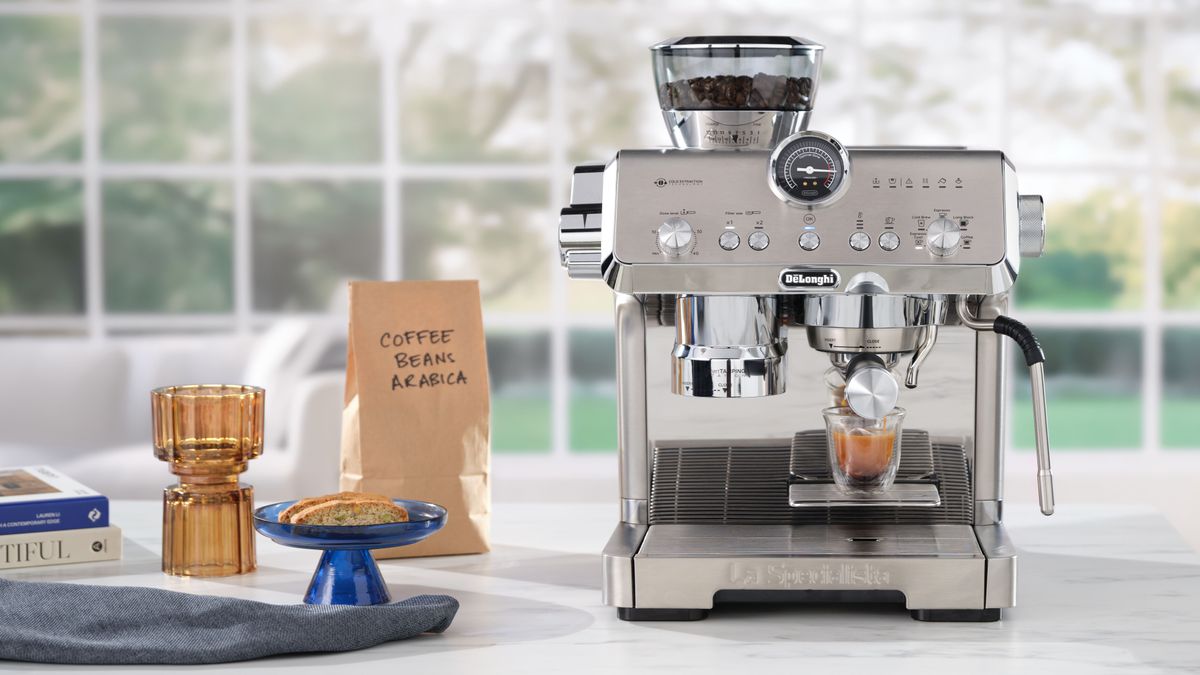
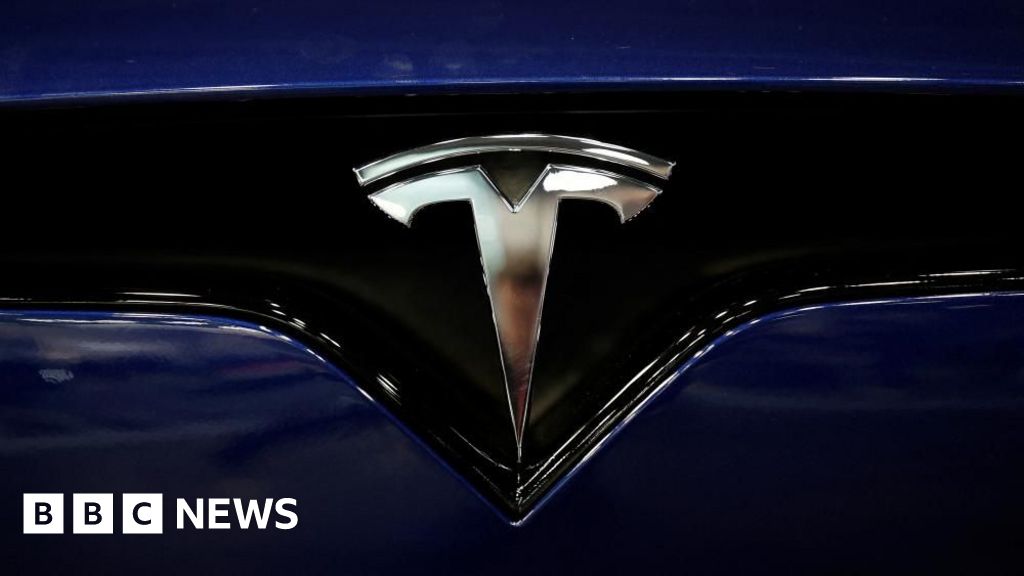




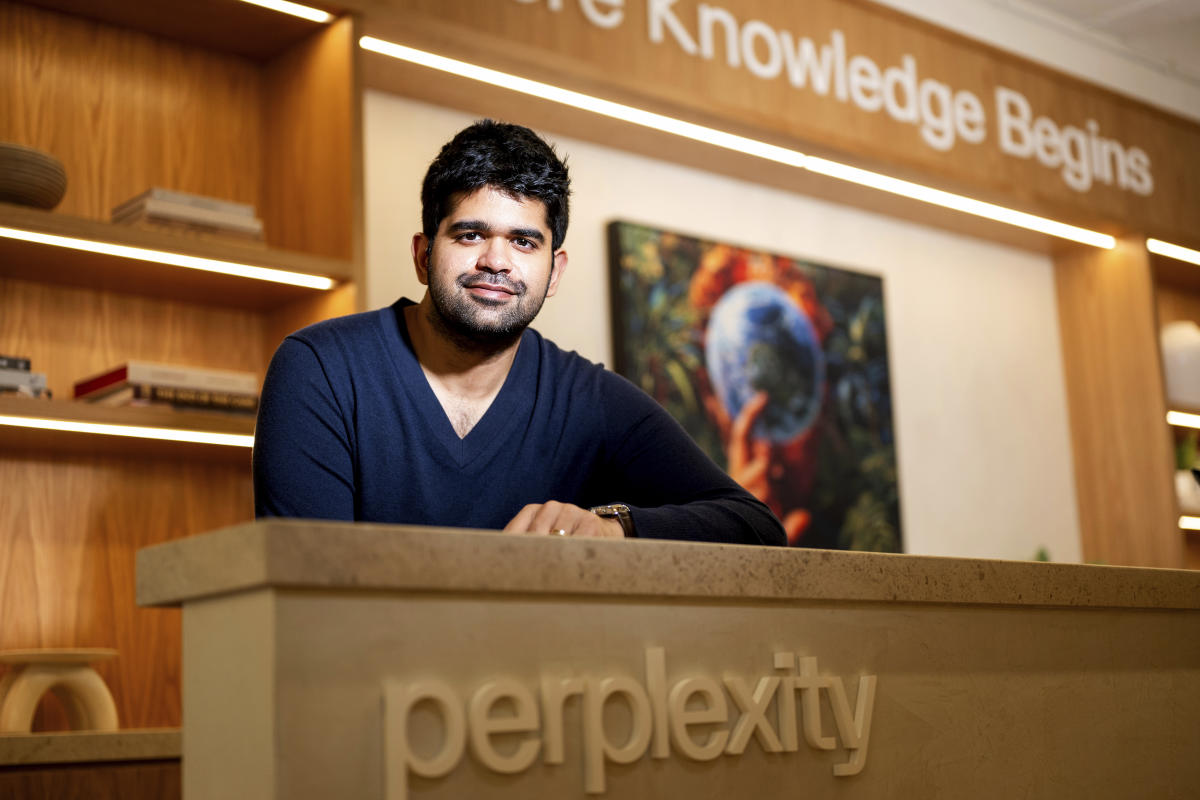
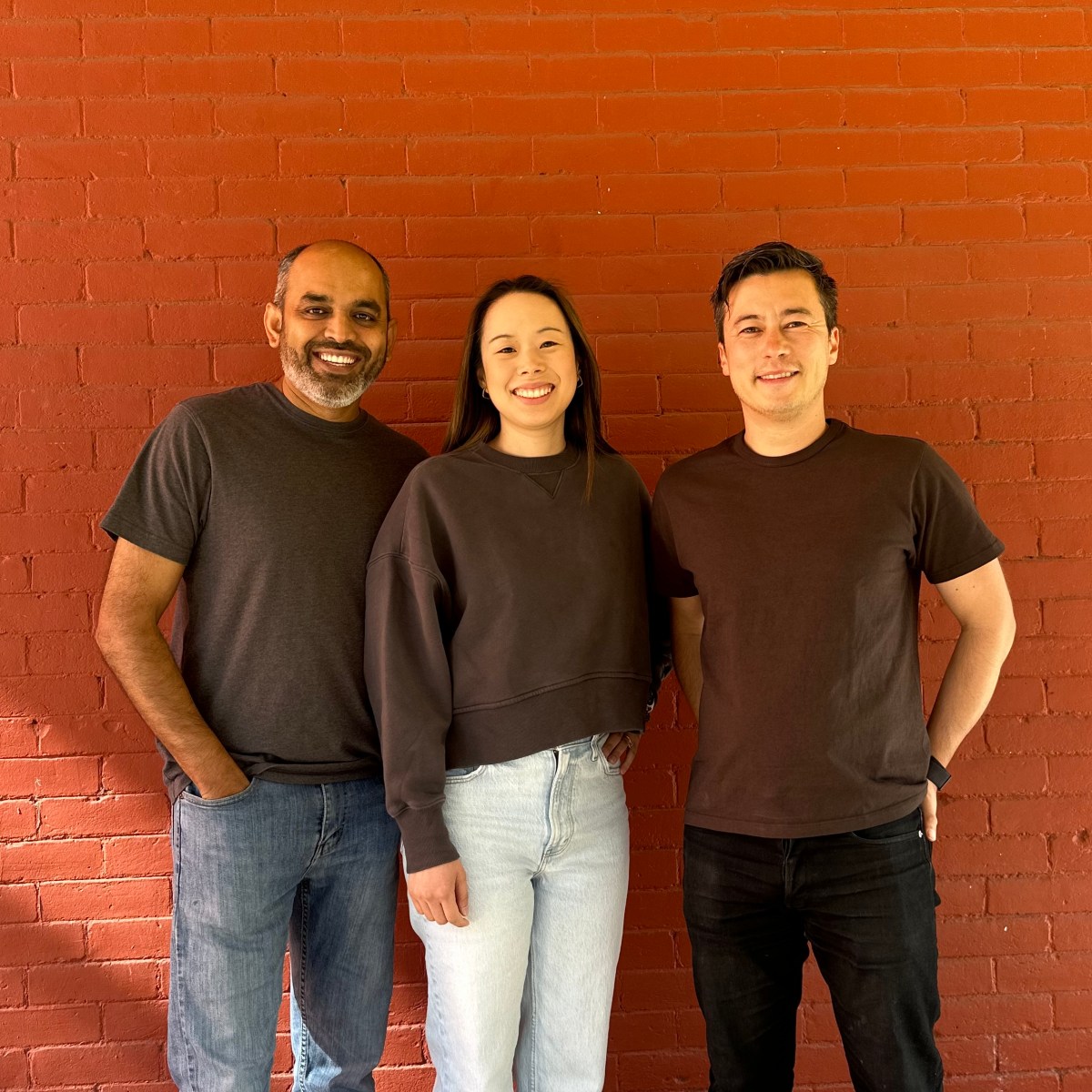



















































































































































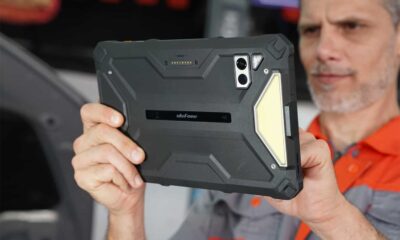





You must be logged in to post a comment Login